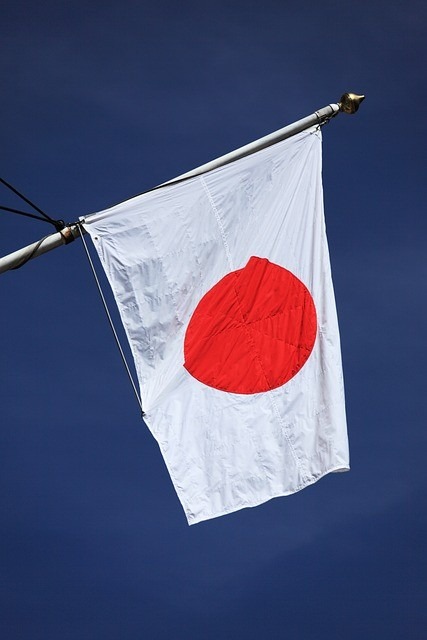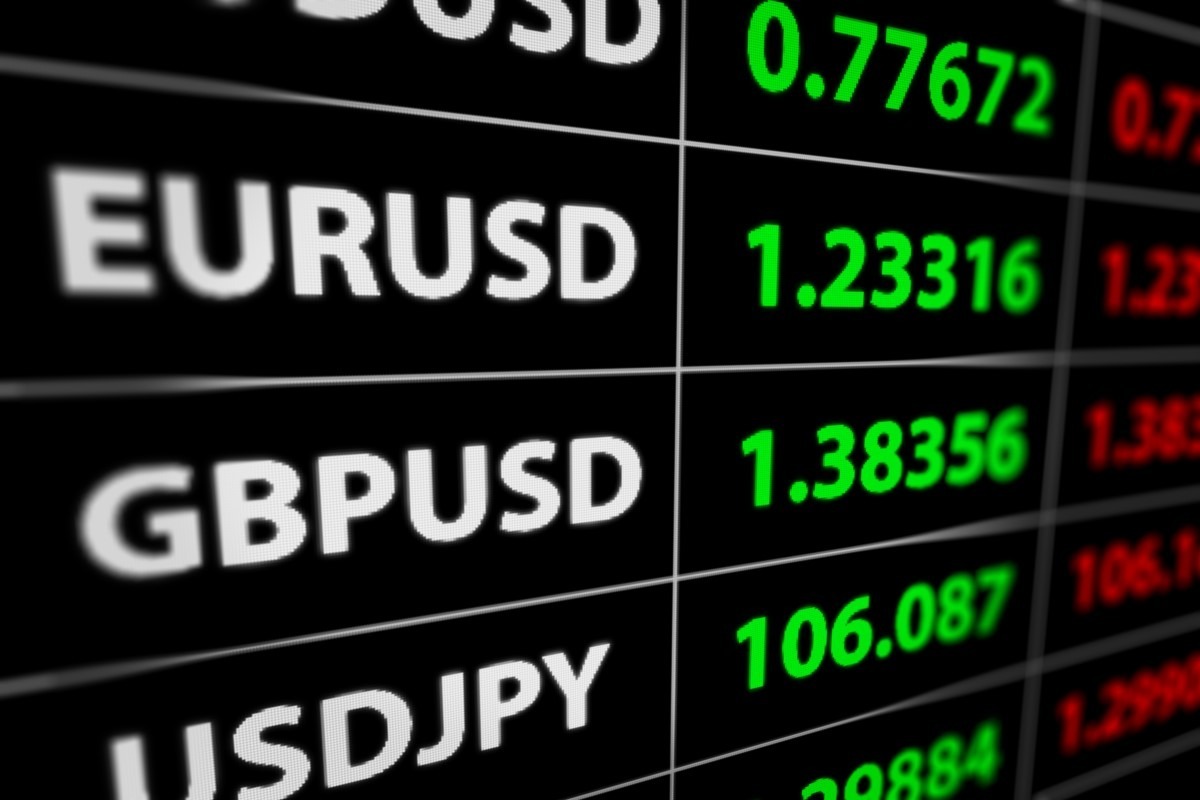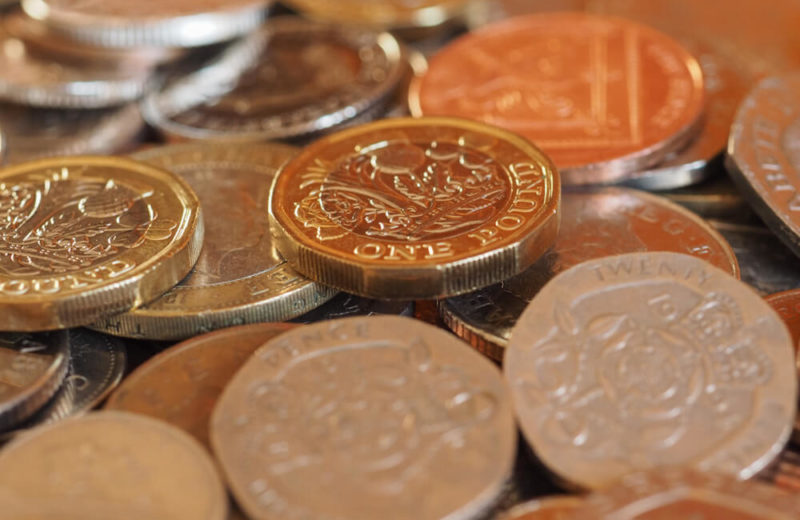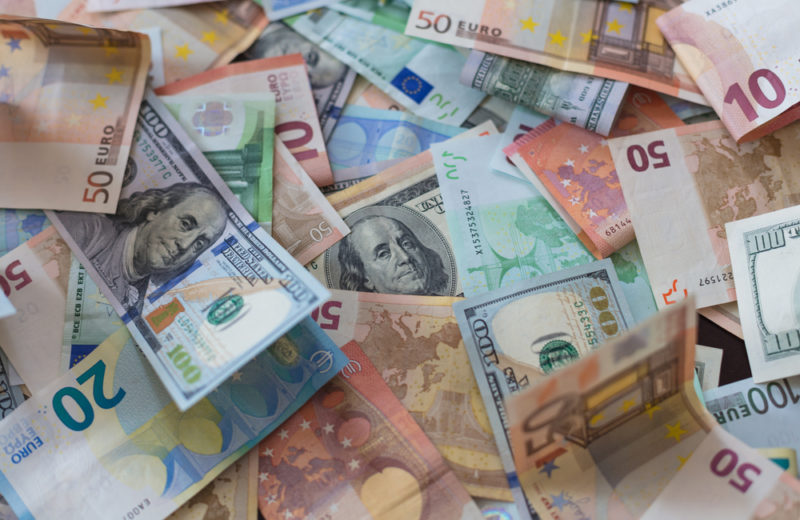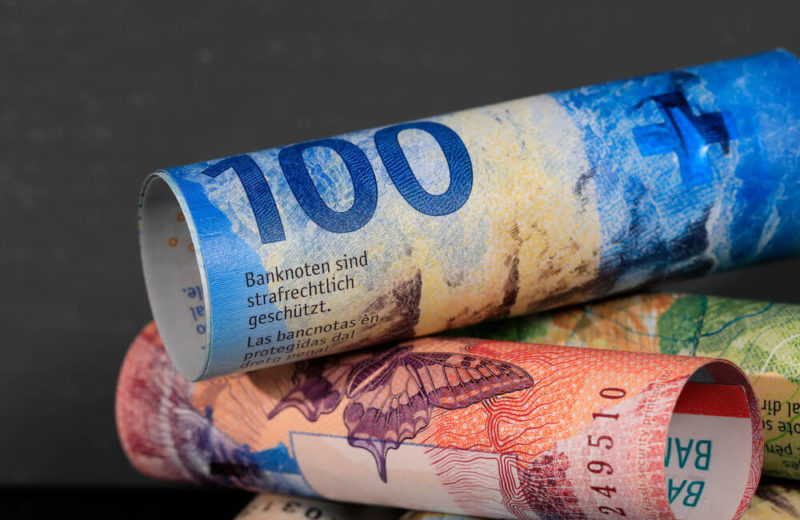According to data released on Friday, consumer inflation in Brazil slowed in October on both an annual and monthly basis.
Consumer inflation rose by 4.82 per cent year-on-year in October, slowing its pace from the 5.19 per cent year-on-year growth recorded in September. The figure was also slightly lower than market estimates of 5.87 per cent, as reported by Anadolu Agency.
Every month, the consumer price index rose by 0.24 per cent, slightly lower than the market expectation of 0.29 per cent. This figure is also a slight decrease from the monthly increase of 0.26 per cent in September.
According to a statement from the Brazilian Institute of Geography and Statistics (IBGE), prices for eight out of nine groups of products and services increased in October.
Traffic had the highest monthly growth, with an increase of 0.35 per cent, followed by food and beverages at 0.31 per cent.
Brazil’s central bank last week cut interest rates by another 50 basis points to 12.25 per cent, marking its third consecutive rate cut since August.
Inflation in The Eurozone Was 2.9 per cent in October
According to Eurostat’s preliminary data, inflation in the Eurozone fell to 2.9 per cent in October from 4.3 per cent in September, marking the lowest level in the last two years and below economists’ estimates of 3.1 per cent.
CNBC reports that core inflation, excluding volatile food and energy prices, fell to an annualised 4.2 per cent in October from 4.5 per cent in September.
According to the Eurostat report, the economy of the Eurozone weakened in the third quarter by 0.1 per cent, despite estimates that the GDP will remain unchanged compared to the previous quarter.
For the past 18 months, the nations in the European monetary union have been contending with elevated inflation, reaching its highest point at 10.6 per cent in October of the previous year. The European Central Bank (ECB) responded with 10 consecutive interest rate hikes, after which its key interest rate was raised to four per cent.



